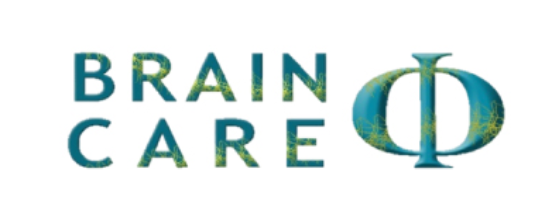Traumatic invalidation and self-esteem
Trauma is often viewed through the lens of a single or series of significant events. Events that when observed in isolation would be determined as a severe physical or mental insult. One that has potential to cause damage to your wellbeing.
But what often gets missed is the many little insults that repeat and chip away at your core. The little cracks that create self-doubt, negative views or mistruths about the person you truly are – an invalidation of your being. Through this, a new belief-system can emerge of who you are based on how others have treated or responded to you and your needs. You might start to see the world through this new lens, even when the facts don’t check out.
What is ‘Traumatic Invalidation?
Traumatic invalidation ‘occurs when an individual’s environment repeatedly or intensely communicates that the individual’s experiences, characteristics, or emotional reactions are unreasonable and/or unacceptable (Bostonchildstudycentre.com, 2013).’ This is particularly harmful if it comes from a primary caregiver, a loved one, or someone who is close to you.
Several research studies have linked Traumatic Invalidation to feelings of self-doubt and shame, leading to mental health issues, including an increased risk of developing Borderline Personality Disorder (BPD) and self-harm in teenagers. Depression is a common outcome in children who experience parental Traumatic Invalidation. However, the effects are not limited to physical health only. People living with chronic pain may refrain from seeking medical help and often suffer in silence, rather than have their experience invalidated, especially by loved ones. Toxic relationships often feature repetitive patterns of emotional and verbal abuse, including traumatic invalidation, resulting in low self-esteem, depression and anxiety.
The Wheel of Traumatic Invalidation below describes 8 core sources, how these may develop, and the overarching message that is internalised within the person.
Developing an understanding of how these core sources may be contributing to psychological distress can be an important aspect of the therapeutic process. Once specific sources, manifestations, and messages are identified, therapies can be tailored to your specific needs.
Therapy for Traumatic Invalidation
Some therapies that can assist with traumatic invalidation include:
· Cognitive Behavioural Therapy (CBT) focuses on and challenges the relationship between thoughts, emotions and behaviours and their contribution to psychological distress. Traumatic invalidation can result in deeply engrained belief systems which CBT can help to address by challenging maladaptive thought patterns, checking for evidence of beliefs, and developing new adaptive behaviours.
· Dialectical Behavioural Therapy (DBT) utilises core skills of emotional regulation, distress tolerance, interpersonal skills and mindfulness (grouporttherapy.com). As a result, being able to tolerate and regulate the distressing emotional response can be achieved. DBT also assist in helping to develop communication skills to set and assert healthy boundaries to advocate for your self which may have been dismissed in the past.
· Person-centred Therapy is based on the core conditions of accurate empathy, unconditional positive regard, and congruence. This builds a therapeutic relationship free of judgement and based on complete acceptance of the person. As a result, a person experiencing distress as a result of traumatic invalidation begins to experience true validation of their emotional experience and needs and is empowered to develop skills to overcome these.
The effects of traumatic invalidation will differ largely between individuals and present in different emotional responses, thought patterns and behaviours. Traumatic invalidation may be the source or a small part of the challenges a person faces. Finding the right approach and a clinician to create a safe and comfortable environment is an important first step to reducing the impacts of traumatic invalidation.
If you or your loved one is experiencing traumatic invalidation and are ready to get support, contact our psychology clinic in Tweed Heads, where counselling is available for children, teens, adults, couples and families. Often the first step is the hardest, but Brain Care is here to support you through the rest of your journey.
Maja Gabrynowicz is a Registered Social Worker completing her Masters in Counselling and Psychotherapy.


